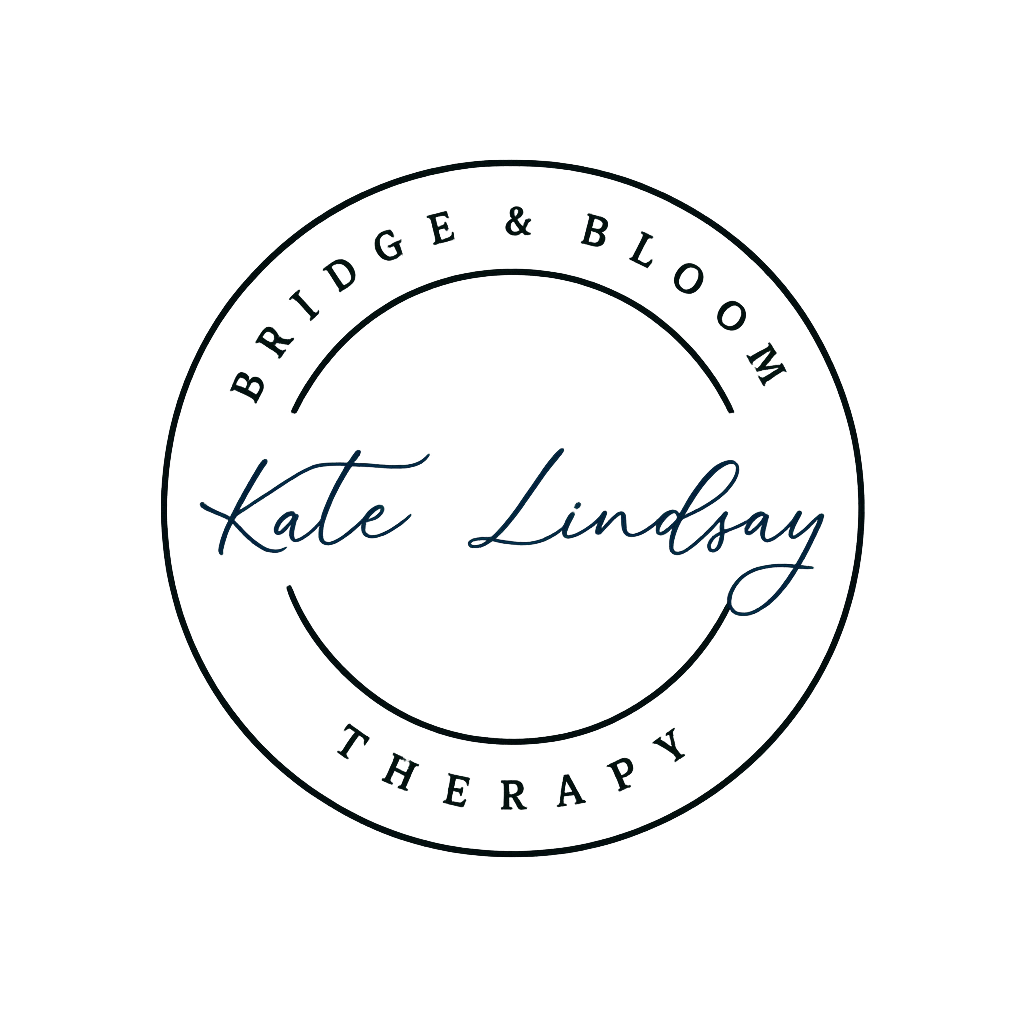Navigating Loss: Finding Healing Through Connection
Navigating Loss Through Connection
Loss comes in many forms—grief over the death of a loved one, the end of a relationship, the passing of a dream, or even the subtle sense of parts of ourselves slipping away. While grief can feel deeply isolating, it is fundamentally a relational experience: we grieve what we’ve loved and what can no longer respond to us.
What Is Grief?
Grief is the natural response to loss. It can show up as:
Sadness or tearfulness
Numbness or disconnection
Anger or restlessness
Yearning, replaying memories, or ‘what if’ thoughts
Physical symptoms (fatigue, tight chest, stirring in the gut)
All of these are valid—they’re your heart’s way of processing change.
A Relational View of Loss
At Bridge & Bloom Therapy, we understand grief not as a problem to fix, but as an experience to hold in relationship. When loss feels overwhelming, it’s often because we lack a safe, attuned witness:
Witnessing Your Pain
Having someone truly listen—without trying to cheer you up—allows the raw edges of grief to soften.Naming What’s Lost
Articulating what you’ve lost (a person, an identity, a future) brings those feelings out of hiding.Reconnecting to What Remains
Through relational work, we discover the parts of ourselves and our lives that endure, offering new textures of belonging.
How Relational Therapy Supports Grief
Rather than rushing to solutions, our work focuses on “being with” the full range of loss:
Safe Presence
In session, you’ll find a steady companion who holds space for your tears, anger, or silence—without judgment.Reflective Dialogue
By gently exploring your stories of loss—what you miss, what you fear—you’ll begin to integrate the experience into your life narrative.Embodied Rituals
We might invite simple grounding practices—placing a hand over your heart, or pausing to notice breath—to help your body feel more contained in the storm of grief.
Self-Care Between Sessions
Create a Grief Journal
Set aside five minutes to write a letter to what you’ve lost, then allow yourself to close the page and rest.Honor Rituals
Light a candle, listen to a meaningful song, go for a mindful walk—small rituals can anchor your sorrow in something tangible.Reach Out
Call a friend and say, “I’m struggling today”—connection is often the balm grief asks for.
When to Seek Support
If your grief:
Feels never-ending or paralyzing
Disrupts your daily life (sleep, appetite, focus)
Leaves you feeling profoundly alone
…a compassionate, relational therapeutic relationship can help you begin to weave your loss into a meaningful life story.
Take the Next Step
Bridge & Bloom Therapy offers a free 15-minute consultation to explore how relational psychotherapy can hold your grief and guide you toward renewal.
👉 Book your free call
🌐 Online sessions across the UK | Confidential & Attuned
In the presence of genuine connection, even our deepest losses can open us to new forms of growth and belonging.


